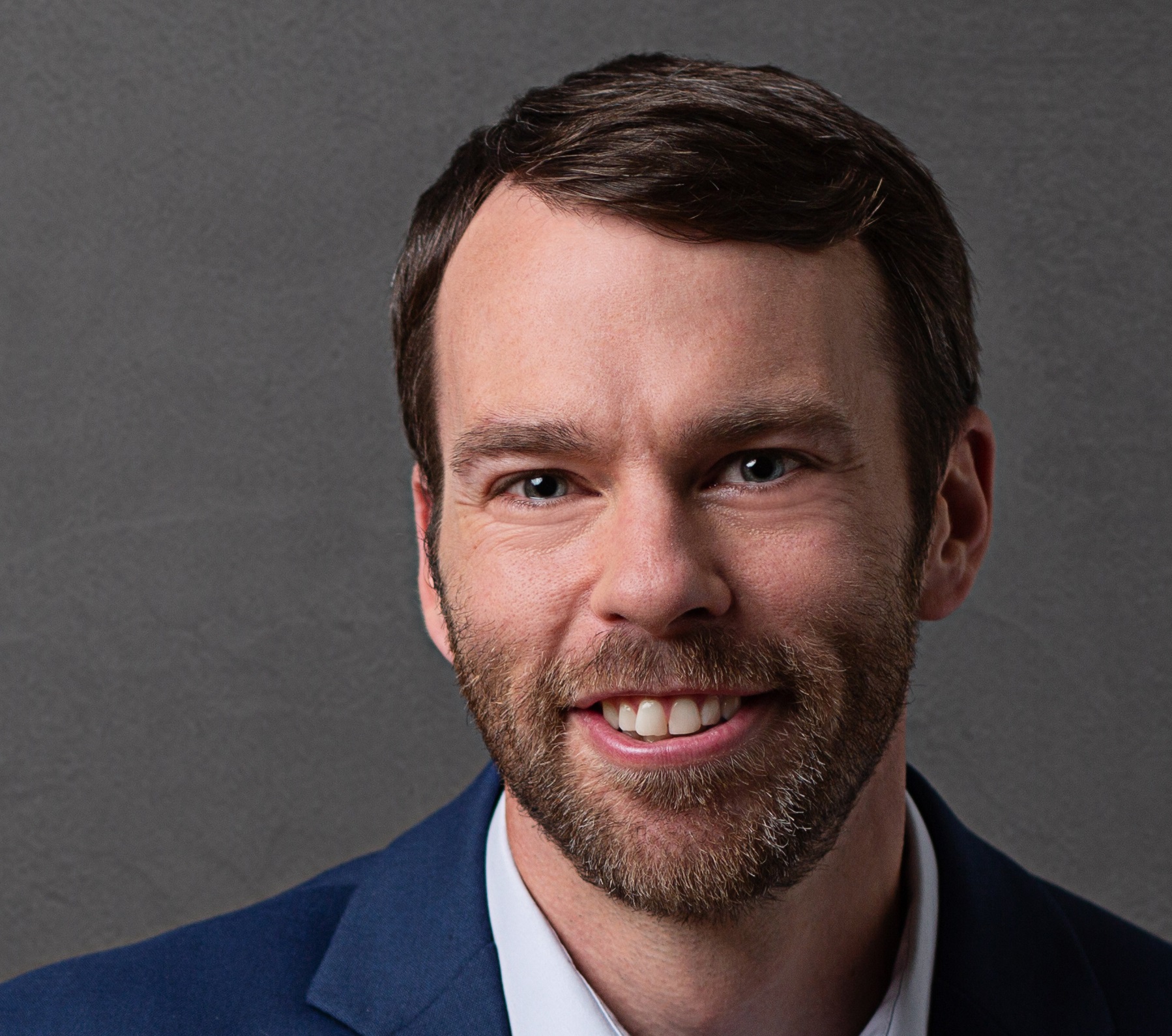In the 1980s, Hans Moravec and other AI researchers discovered a curious finding that we now know as Moravec’s Paradox. Essentially, AI can very easily learn to do things that are “hard” for humans, such as advanced statistics and analysis. On the other hand, things that are very simple for humans, such as identifying colors or recognizing faces, can be incredibly difficult for computers to do.
In short: computers, algorithms, and AI are great at some things, but humans are better at others. So, how can we find the right balance?
It’s not about us vs. them
The concept that humans and machines have different strengths played out in research from Harvard. In the study, a breast cancer detection algorithm was able to detect cancer cells 92% of the time. However, the doctors were able to identify cancer cells 96% of the time.
This clearly shows that humans are better, right? But wait—the next finding was perhaps the most telling part of the study. By combining the algorithm with human experience and intuition, the team as able to identify more than 99% of cancer cells. This blending of strengths points to the incredible opportunity that is facing many professions, including those in talent acquisition.
https://twitter.com/beneubanks/status/1062755070767448067

Ben Eubanks is the Chief Research Officer at Lighthouse Research & Advisory. He is an author, speaker, and researcher with a passion for telling stories and making complex topics easy to understand.
His latest book Talent Scarcity answers the question every business leader has asked in recent years: “Where are all the people, and how do we get them back to work?” It shares practical and strategic recruiting and retention ideas and case studies for every employer.
His first book, Artificial Intelligence for HR, is the world’s most-cited resource on AI applications for hiring, development, and employee experience.
Ben has more than 10 years of experience both as an HR/recruiting executive as well as a researcher on workplace topics. His work is practical, relevant, and valued by practitioners from F100 firms to SMB organizations across the globe.
He has spoken to tens of thousands of HR professionals across the globe and enjoys sharing about technology, talent practices, and more. His speaking credits include the SHRM Annual Conference, Seminarium International, PeopleMatters Dubai and India, and over 100 other notable events.

